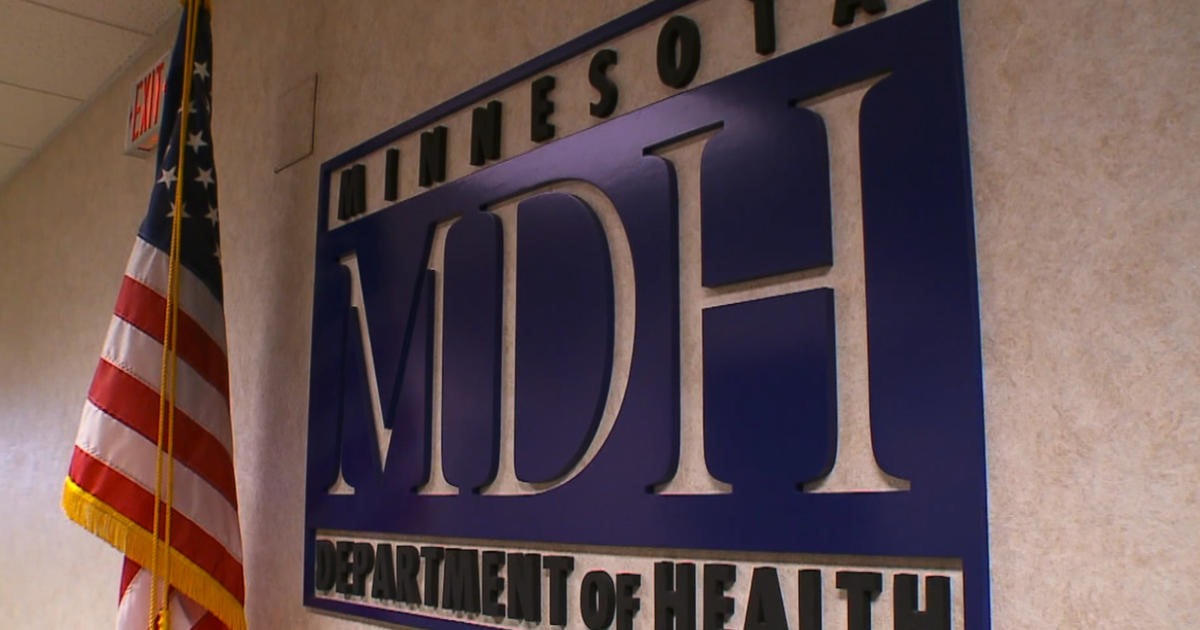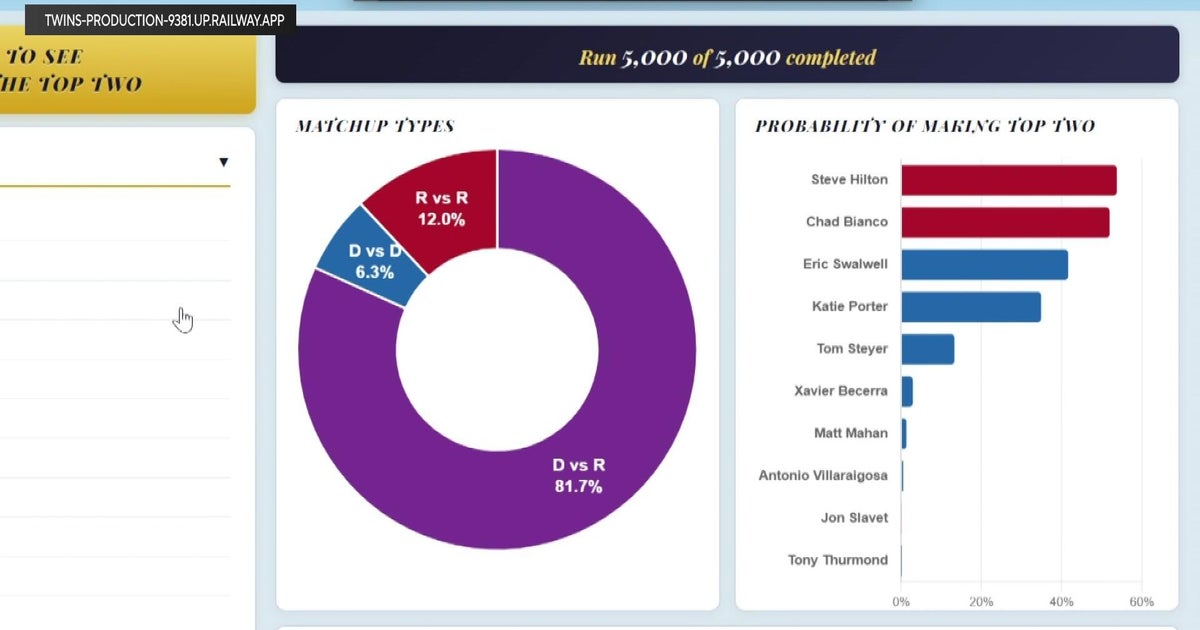Premature birth rate rose 12% since 2014, the CDC reports. A doctor shares what to know.
Preterm and early-term births in the U.S. have increased from 2014 to 2022, raising risks to babies, according to new data from the Centers for Disease Control and Prevention.
Data released Wednesday from the CDC's National Center for Health Statistics shows the preterm birth rate — meaning delivery before 37 completed weeks of pregnancy — rose 12% during that time period, while early-term birth rates, at 37 to 38 completed weeks, rose 20%.
This is compared to full-term births, which are those delivered at 39 to 40 weeks.
Using data from the National Vital Statistics System, the analysis only looks at singleton births, since multiple births like twins and triplets tend to be born at earlier gestational ages, the authors note.
"Gestational age is a strong predictor of short- and long-term morbidity and early mortality," the authors write. "Births delivered preterm are at the greatest risk of adverse outcomes, but risk is also elevated for early-term compared with full-term births."
On "CBS Mornings" Wednesday, Dr. Céline Gounder, a CBS News medical contributor and editor-at-large for public health at KFF Health News, said this shift toward earlier births is concerning.
"If a baby is born early term, not preterm but even early term, there can be complications," she explains. "The lungs may not be fully developed, that baby may not be able to regulate their temperature or their blood sugar as well. They may not have that suckling reflex that allows the baby to feed, and so that means staying in the hospital for longer so the baby has a support to survive."
What is causing this shift in earlier births?
While there's no question that some of this is due to early induction and early cesarean sections, Gounder says, the trends of those have actually been going down.
"While still too high, the trend has been going down over the last 10 to 15 years," she said.
One factor is that more women are having babies at an older age, which raises the risk of preterm birth, but the increase was seen across all age groups.
"But age aside, obesity, high blood pressure, diabetes — all of those increase the risk of these kinds of issues with earlier preterm birth," Gounder said.
While obesity itself doesn't cause early births, there are complications associated with obesity, like preeclampsia, that can.
"These are the reasons women are having to deliver earlier for their own health as well as for the health of the pregnancy," Gounder said. "If you wait until you get pregnant to address or think about these issues, in some ways, it's too late. You really want to go into pregnancy already being as healthy as you can."
What should pregnant people look for?
Gounder says if you're pregnant, you should see your doctor sooner if you're having any of the following issues:
- Headaches
- Changes in your urination
- Increased blood pressure
But a big part of this is access to health care, Gounder adds.
"About two-thirds of people have health insurance through their job. That leaves about a third who don't," she notes. Those without it may be able to sign up through the Affordable Care Act, marketplace plans or get care through Medicaid.
"If you're eligible and you could be getting that kind of access, you should and get yourself a primary care doctor," she says.







